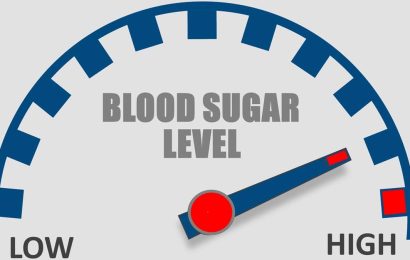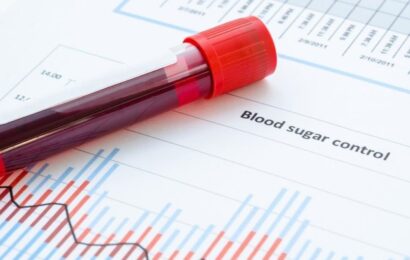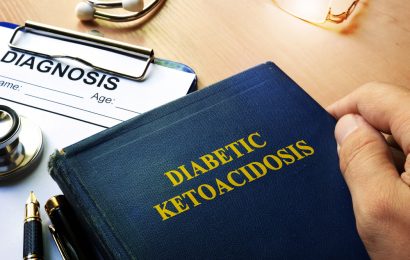Food, diabetes medicines, and physical activity have the most effect on blood glucose levels most of the time, but there are other things that can raise or lower blood glucose. Here’s a list of some of what can make your blood glucose go up, go down, or go down too much — resulting in hypoglycemia.
UP
- Eating carbohydrate-containing foods
- Not taking the diabetes medicines you need
- Not taking enough of the diabetes medicines you’ve been prescribed
- Taking certain non-diabetes–related medicines, such as steroids, some oral contraceptives, laxatives (if dehydration results), or diuretics
- Eating meals or snacks too close to each other
- Inactivity
- Infection or other illness
- Changes in hormone levels (for example, during menstrual cycles)
- Stress
DOWN
- Taking diabetes medicines
- Being physically active
- Drinking alcohol
- Taking certain non-diabetes–related medicines
DOWN TOO LOW
- Not eating enough carbohydrate
- Taking too high a dose of diabetes medicine
- Taking certain non-diabetes–related medicines such as warfarin and some antibiotics
- Eating meals or snacks too far apart from each other
- Drinking alcohol, especially on an empty stomach
- Being more physically active than usual (without adjusting your diabetes regimen to compensate)




